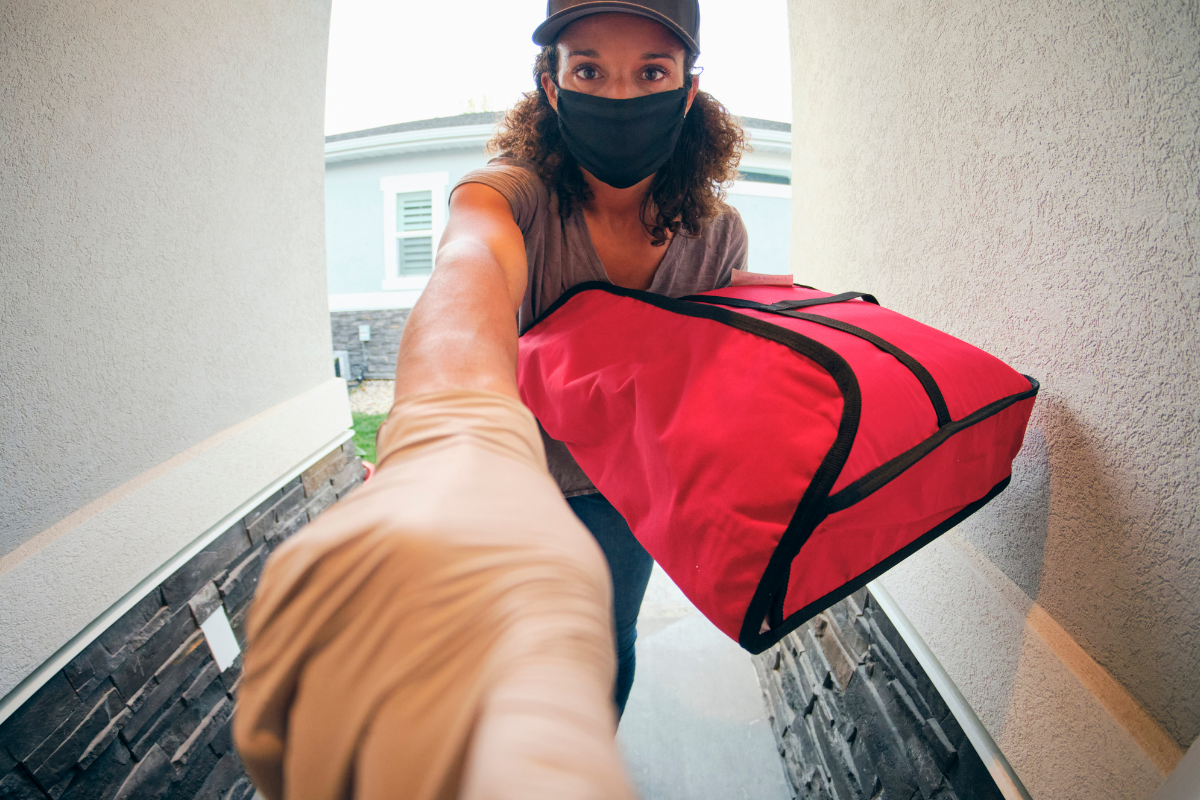One of the best ways to spend a beautiful summer day is to take a stroll through your local farmers market, where vendors from around the community offer delicious treats, farm-fresh produce, and genuine handmade items that can’t be rivalled by big box stores. If you’re planning to showcase some of your wares at a local farmers market this summer season, it’s important that you recognize the food safety risks associated with farmers markets, and what you can do to ensure the safest possible experience for your customers.
Check local health unit regulations before selling
Health inspectors frequently target farmers markets because they are full of people who are running part-time businesses who may not be aware of health regulations and bylaws. A common municipal regulation, for example, is that a certified commercial kitchen must be used instead of a home kitchen to prepare food products. It may be best to call your local health department in advance to make sure the products you are selling are not in contravention of any of these bylaws.
Setting up your area
Before you can sell your food products to customers, you’ll need to properly prep your sales and work area. First, make a note of any hazards, and report them immediately to the market organizer. From here, you’ll want to sanitize the work area by cleaning any surfaces that will come in contact with food products - keep cleaning products around for any time raw food is prepared on surfaces, allowing you to quickly clean and reuse it. You’ll also want to ensure that you have easy access to a handwashing station. Remember to thoroughly wash your hands after each interaction with food products. In some cases, it may be wise to use disposable gloves when dealing with food.
The importance of hygiene
The nature of farmers markets means that you’re most likely going to be dealing with cash rather than other forms of payment. Handling cash can expose you to a number of bacteria that can be easily spread to food products - because of this, it’s important to delegate somebody to strictly handle the cash if at all possible. If it’s not possible, then remember to wash your hands thoroughly after each interaction with cash - it’ll greatly reduce the chance that harmful bacteria makes its way to food products. Cross contamination is another major risk you’ll have to mitigate, so remember to wash each utensil, cutting board, and food thermometer after it’s been used, especially if you intend to reuse it for different foods.
Keep foods separated
While it may seem obvious, keeping raw meat and other raw foods away from prepared food products is one of the most important elements of food safety. Not only does this apply to the preparation process, but also to the transportation and storage of food. When preparing for your day at the market, you’ll want to transport raw and cooked food in separate containers, ensuring that raw foods cannot drip onto prepared food. When storing and transporting food, remember to separate other high risk foods from those with lower contamination risk. If you have access to a fridge or cooler at the market, it’s recommended that you place raw meat on the bottom shelf, with cooked foods placed higher up.
Be mindful of the danger zone
Farmer’s markets have little or no access to traditional food storage like refrigerators, freezers, and warmers, leaving food products far more susceptible to the temperature danger zone. The danger zone refers to food being stored at temperatures between 4°C (40°F) and 60°C (140°F) - food products shouldn’t be held at this dangerous temperature range for any more than four hours. This time applies to the transportation, preparation, storing, serving, and consuming of food products, making it extremely important to monitor food products, using fridges, coolers, and warmers to ensure that food is kept out of the danger zone.
The importance of food safety training
If you’re planning to make attending and selling food products at local farmers markets a regular part of your schedule, it’s highly recommended that you and any staff you might host receive food safety training. Food safety training ensures that you are aware of best practices and local guidelines, along with food handling, sanitation, and hygiene tips.
Food safety programs offered by FoodSafetyMarket also offer experiential learning and visual learning components that will ensure that food safety concepts will resonate with you and your staff, making training more impactful and meaningful. All courses can be taken online at your convenience.



